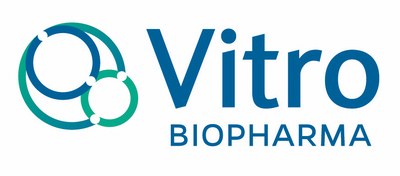Stem Cell Treatment After Cerebral Ischemia Regulates the Gene Expression of Apoptotic Molecules
Bharath Chelluboina • Jeffrey D. Klopfenstein • David M. Pinson • David Z. Wang • Krishna Kumar Veeravalli
Received: 11 February 2014 / Revised: 24 April 2014 / Accepted: 20 May 2014 / Published online: 31 May 2014 Ó Springer Science+Business Media New York 2014
Abstract Evidence suggests that apoptosis contributes significantly to cell death after cerebral ischemia. Our recent studies that utilized human umbilical cord blood- derived mesenchymal stem cells (hUCBSCs) demonstrated the potential of hUCBSCs to inhibit neuronal apoptosis in a rat model of CNS injury. Therefore, we hypothesize that intravenous administration of hUCBSCs after focal cere- bral ischemia would reduce brain damage by inhibiting apoptosis and downregulating the upregulated apoptotic pathway molecules. Male Sprague–Dawley rats were obtained and randomly assigned to various groups. After the animals reached a desired weight, they were subjected to a 2 h middle cerebral artery occlusion (MCAO) proce- dure followed by 7 days of reperfusion. The hUCBSCs were obtained, cultured, and intravenously injected (0.25 9 106 cells or 1 9 106 cells) via the tail vein to separate groups of animals 24 h post-MCAO procedure. We performed various techniques including PCR micro- array, hematoxylin and eosin, and TUNEL staining in addition to immunoblot and immunofluorescence analysis in order to investigate the effect of our treatment on reg- ulation of apoptosis after focal cerebral ischemia. Most of the apoptotic pathway molecules which were upregulated after focal cerebral ischemia were downregulated after hUCBSCs treatment. Further, the staining techniques revealed a prominent reduction in brain damage and the extent of apoptosis at even the lowest dose of hUCBSCs tested in the present study. In conclusion, our treatment with hUCBSCs after cerebral ischemia in the rodent reduces brain damage by inhibiting apoptosis and down- regulating the apoptotic pathway molecules.

